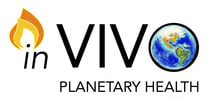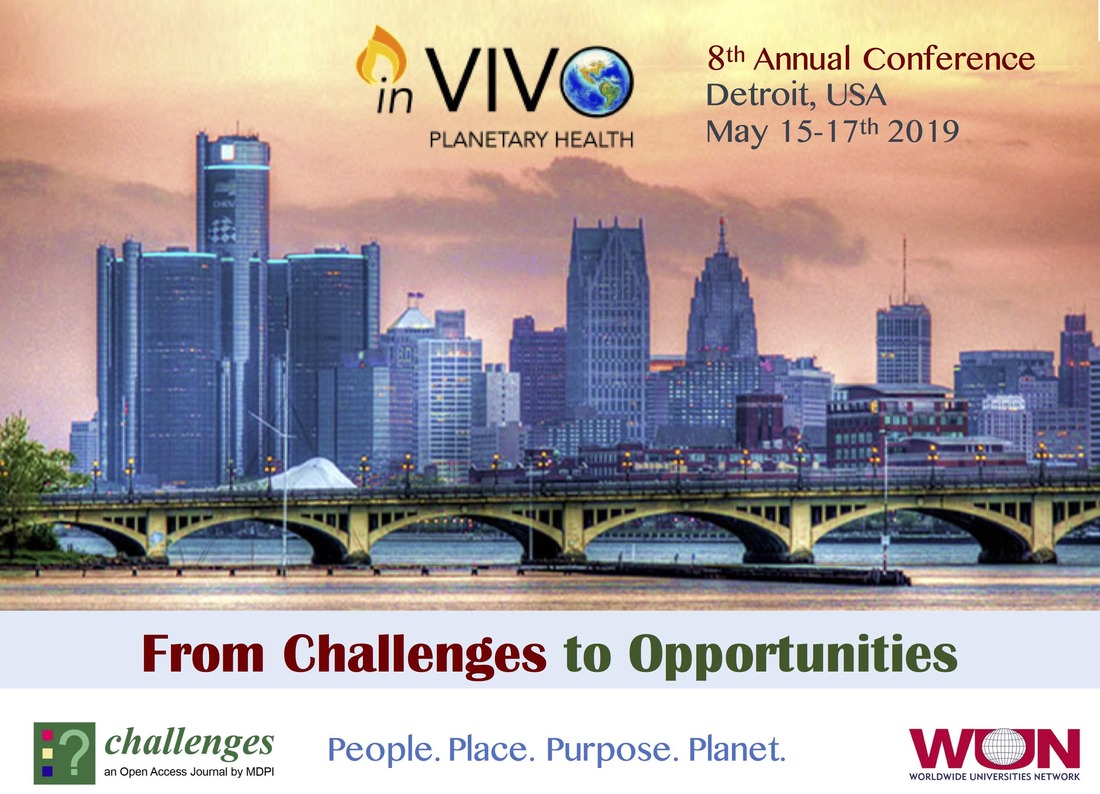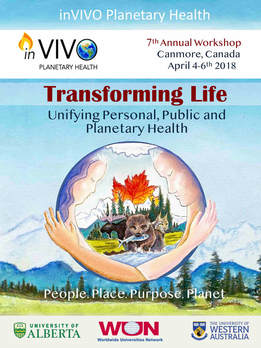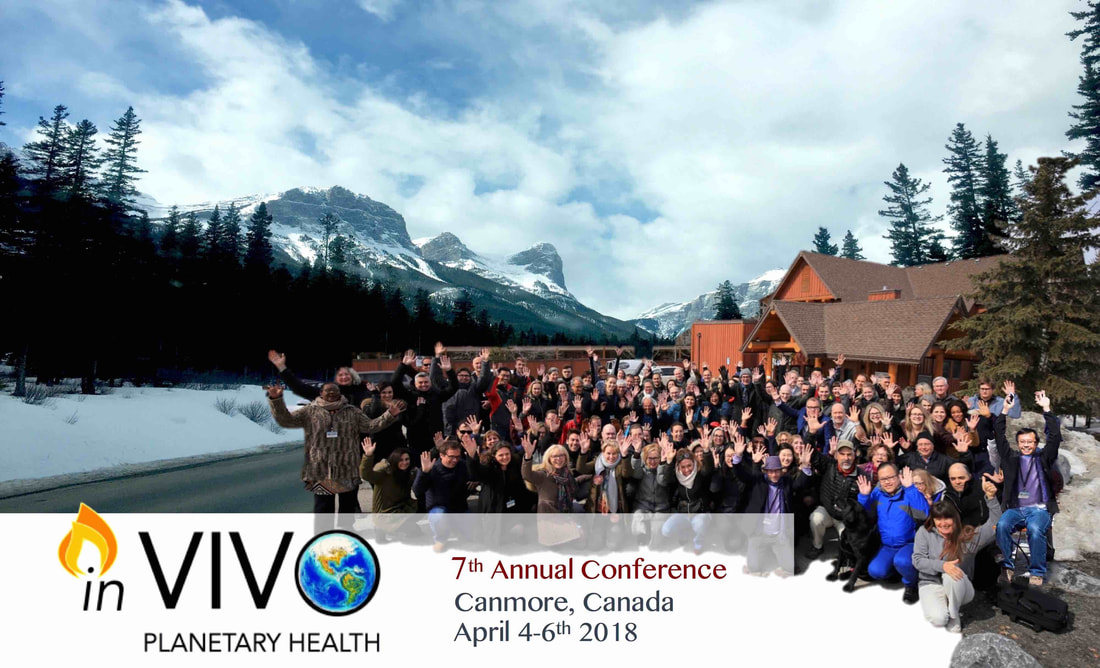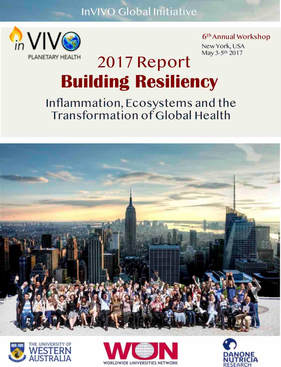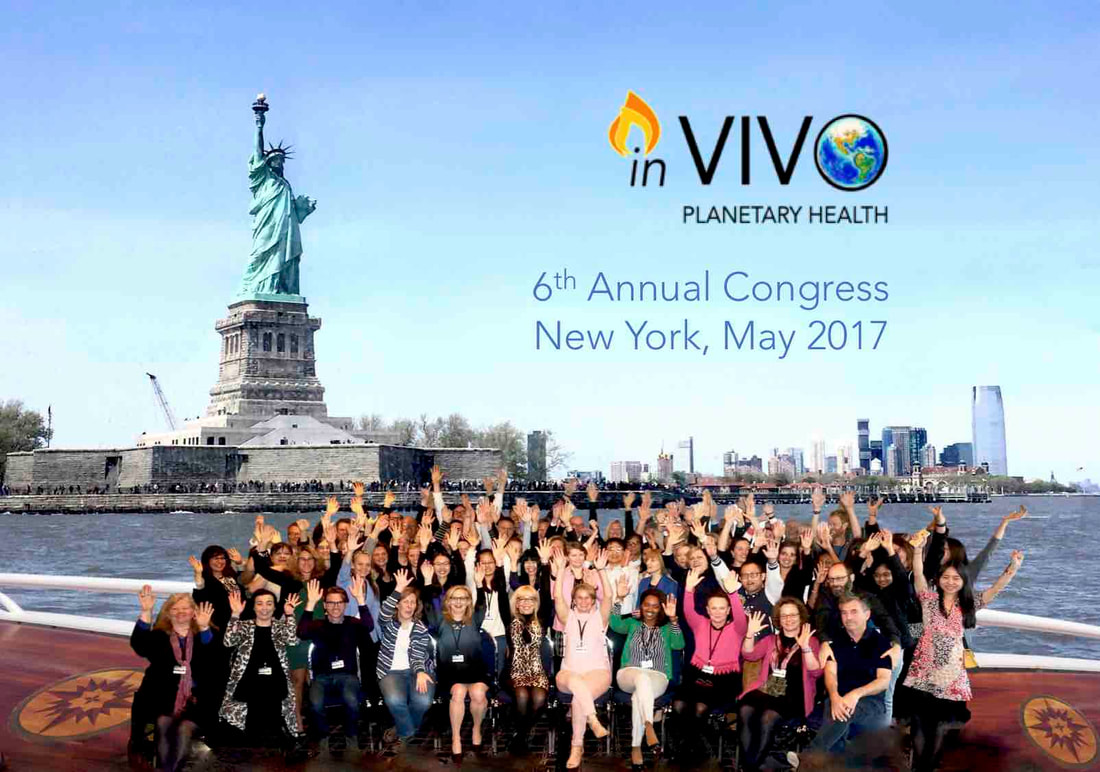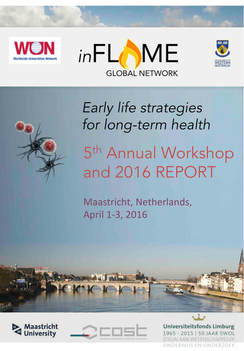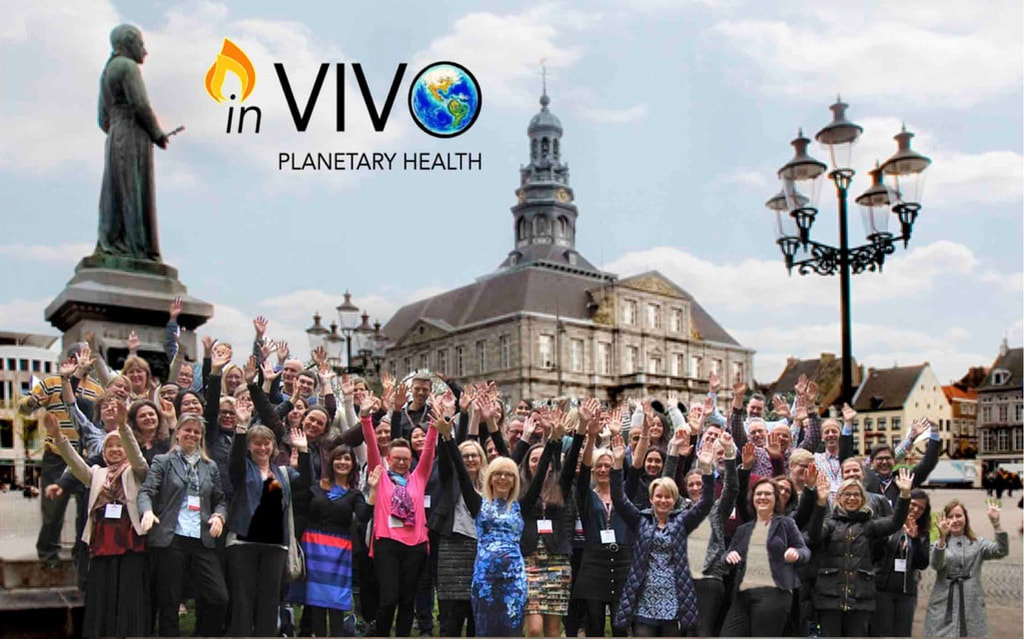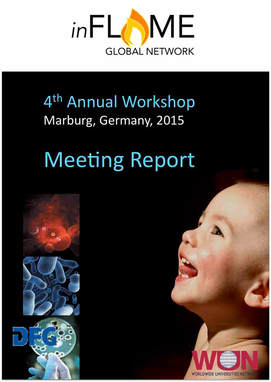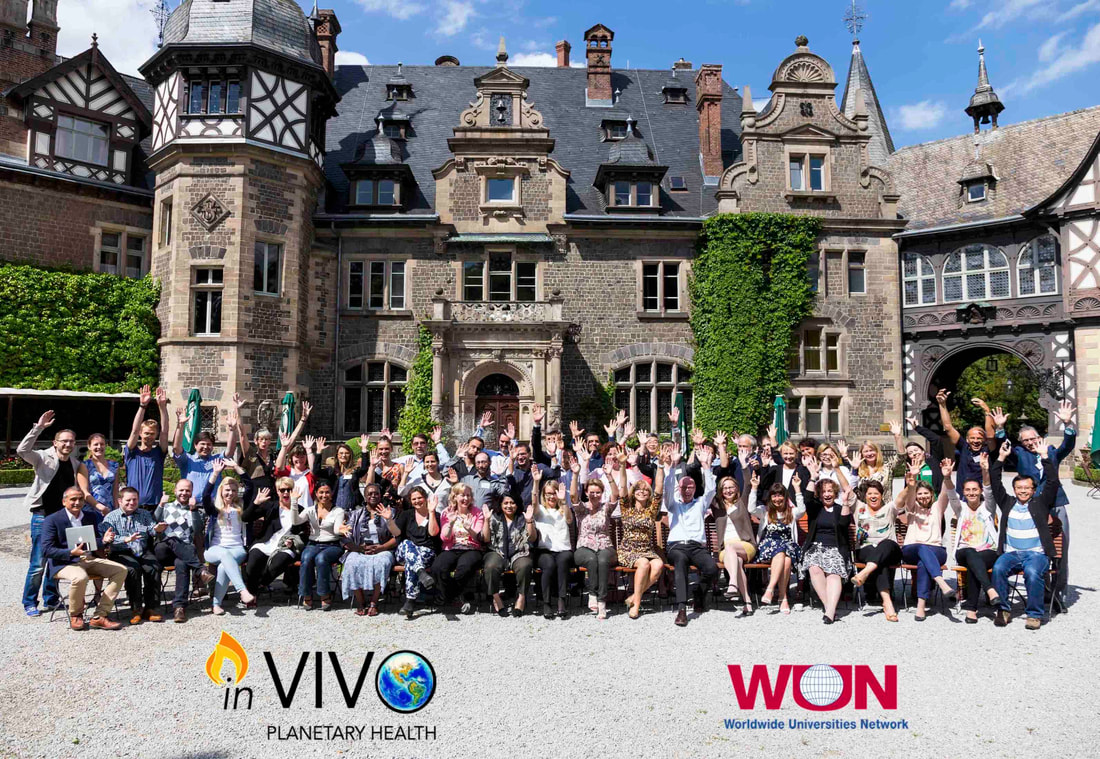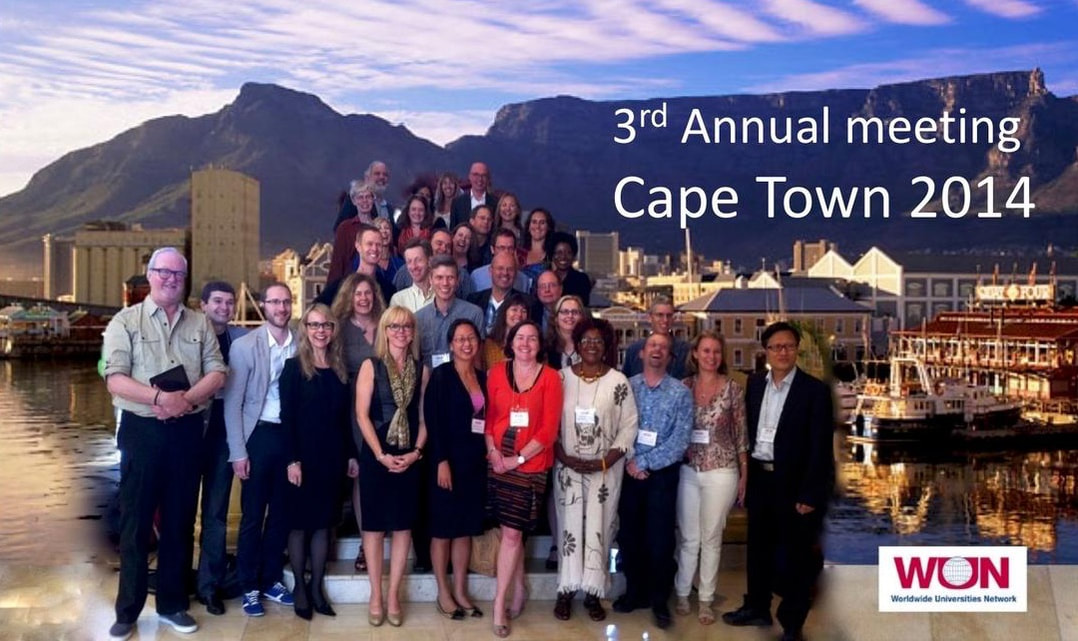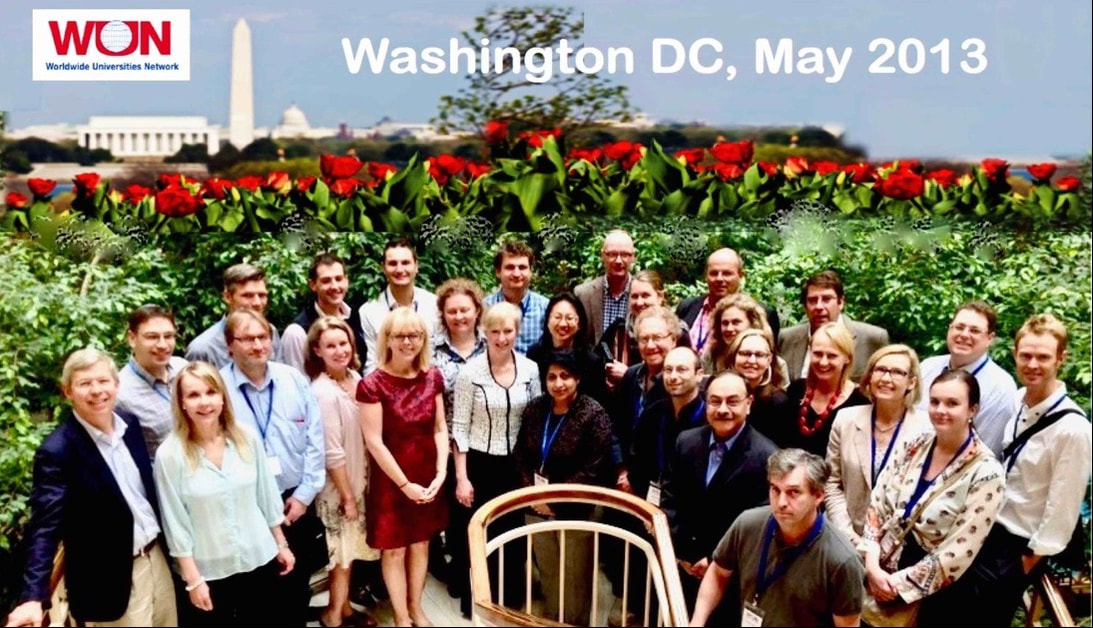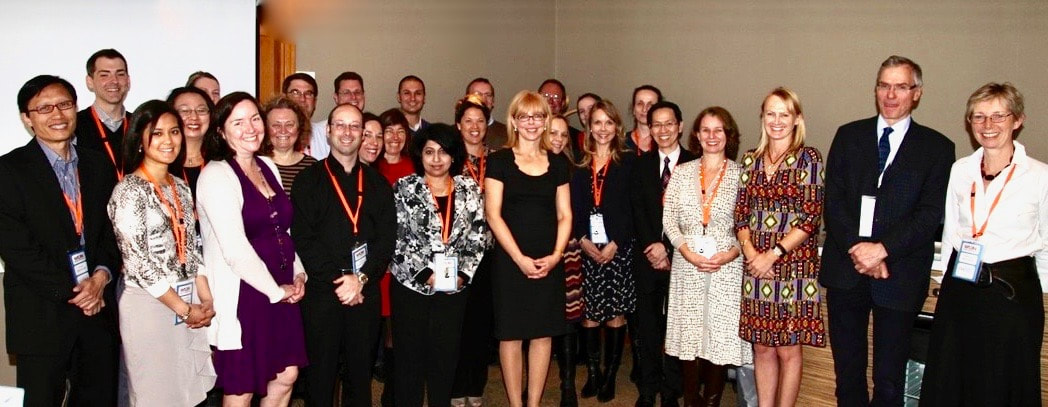Annual meetings
Canmore - 2018
Our 2018 meeting was themed ‘Unifying Personal, Public and Planetary Health’ as we we continued to pursue the vital importance of approaching complex environmental issues from a more holistic and integrated perspective. This extends and combines the typical focus on the biological and psychological level, with the wider sociological and environmental determinants of human health, and understanding how these are inter-related to societal health. This was the opportunity to discuss these the relationships between climate change, mental health, and ecological grief, using case studies from First Nations communities. Canmore provided an ideal backdrop to explore impact of disconnection from natural environments and loss of appreciation for traditional cultures - which extends from effect on individual mental and physical health to unsustainable social, economic and environmental consequences.
The 2017 Conference theme was Building Resilience: Inflammation, Ecosystems and the Transformation of Global Health - and had a particular focus on our overarching Biodiversity and Global Environments themes, emphasizing the links between human health and environmental health. As previously, we focused on aspects of the early environment which mediate immune, metabolic and neurodevelopment – as these pertain to many aspects of health and well-being. There was a particular emphasis on the importance of optimism and positive emotion for both biological resiliency and societal health on every level.
Our 2016 annual meeting focused on Early Life Strategies for Long Term Health.The overarching goal of this workshop was to develop our profile and new projects around the impact of dysbiotic drift on global health, as a common unifying link to many aspects of health and environmental exposures. The multisystem impact of the environment through immune health, provided an integrative systems framework for understanding the eco-biological impact of living environments (including biodiversity) on microbial diversity and life-course human health from the perspective of omics and nature relatedness. In addition, our ongoing goals under this broader banner, were to develop and consolidate our research platform through new and existing projects. Continuing the themes of our previous meetings, we had a core focus on key early exposures - namely a) nutrition, b) the microbiome and early microbial diversity, and c) pollutants and the built environment - and how these interact to modify early immune development, to impact many aspects of development. Our multisystem focus includes a range of early outcomes including 1) allergy and asthma 2) obesity and metabolism 3) mental health and behaviour.
Our 2015 annual workshop in Germany was a resounding success, not just because of the many new collaborative projects that were developed, but because of all of the many new friendships and collaborations that were established as a result. The positive feedback was overwhelming, and we believe that this was largely because of the strong spirit of collaboration, commitment and active participation by our many network members. As always, the informal discussions over lunch and dinner were just as fruitful and important as the main working sessions. The network has quickly matured towards a critical mass, generating a broad range of collaborations examining key early exposures that modify immune development to impact multisystem health outcomes. inFLAME has become a showcase for collaborative success within the WUN global challenge program.
Cape Town - 2014
|
Our 3rd Annual meeting in South Africa was an important opportunity to examine the early life determinants of immune development and inflammation in a developing world setting, and develop new collaborations in the region. This is a region in transition where ‘developing’ and ‘developed’ world settings exist in parallel. This provided an opportunity to closely consider research questions relating to the interaction between ‘infectious’ and ‘noninfectious’ microbial exposures in immune health and developmental programming of many organ systems. It was also an opportunity to explore the burden of environmental toxins such as pesticides, other organic pollutants, and air pollution. While these are a major problem worldwide, they present many unique issues in developing countries where there is more unregulated exposure.
|
We had to opportunity to visit several township communities to see the challenging conditions firsthand and talk to community leaders about both the challenges and the successes. This was very confronting for the group. The meeting was instrumental in extending the horizons of the network, highlighting the importance of advocacy and consideration of the wider issues, as we reframed all our activities and interests in a much broader context.
Washington - 2013
|
Our 2nd annual Conference in Washington aimed to consolidate our focus on environmental risk factors for early immune dysregulation (dietary patterns, environmental pollutants, microbial patterns, and stress) as common risks for many NCDs, reinforcing the need for interdisciplinary collaboration. Our agenda focused on inflammation as a common element and target for NCD prevention. We bought together a diverse interdisciplinary group (across many systems) from around the globe, tasked with developing an integrated program of population studies, biological studies and intervention studies ultimately aimed at preventing inflammation and the burden of subsequent disease.
|
Southampton - 2012
Our inaugural workshop in Southampton, UK was focused on developing the context, goals and format of the new network, which began as a collaborative initiative as part of the WUN Global Health Challenge. The primary focus on the central role of the immune system in the rise in ‘modern’ disease, was intended to provide a collaborative platform (based on ‘multiple exposures’ having ‘multiple outcomes’) for researchers from many fields to come together in a forum aimed principally at breaking down the siloes that often occur between medical specialties and scientific disciples. Our interest in immune health was of particular relevance to the rise in modern disease because of the clear evidence of:
It was an ultimate goal of the network to assist in the prevention of NCDs by targeting the underlying antecedent inflammation and immune dysregulation that is common to so many conditions. To that end, we intend to address the risk factors, pathways and strategies to overcome the broad range of inter-related conditions that are associated with inflammation in early life and throughout the life course including obesity, allergy, asthma, autoimmune disorders, cardiovascular and metabolic diseases, cancer, and neurodegenerative conditions.
From the outset, we took an inter-disciplinary approach, involving researchers from metabolic, cardiovascular, respiratory and neurodevelopmental, neonatal and maternal health disciplines, in addition to those specifically studying immune diseases such as allergy and autoimmunity. It was stated that, while allergy is one of the most common and earliest NCDs (albeit often overlooked) that the network should aim to keep a broad focus on multi-system outcomes, a broad range of NCDs and a broad range of modern exposures that may be implicated. An advantage is that allergic disease outcomes are evident very early in life and that both observational and intervention studies targeting these earlier outcomes can be addressed in a much shorter time frame than many other NCDs, some of which are not evident until adult life. Because risk factors for human disease are inextricably linked to social, economic and political agendas – and the impact of human activity on environmental health – we also recognized our role in education and advocacy around these issues.
Most importantly, this meeting was an opportunity for us to develop foundations for the philosophies and values of the network, which were firmly based on friendship, collaboration, openness, respect and on providing a positive and nurturing culture for early career researchers. We had extremely positive feedback from participants about the collegial atmosphere and strong future potential of the network.
- Vulnerability to modern environmental changes
- Very early life effects (a ‘canary in the coal mine’)
- Long term multi-system influences – affecting longevity and quality of life
- Clear impact of social inequalities on exposures, risk and disease burden
It was an ultimate goal of the network to assist in the prevention of NCDs by targeting the underlying antecedent inflammation and immune dysregulation that is common to so many conditions. To that end, we intend to address the risk factors, pathways and strategies to overcome the broad range of inter-related conditions that are associated with inflammation in early life and throughout the life course including obesity, allergy, asthma, autoimmune disorders, cardiovascular and metabolic diseases, cancer, and neurodegenerative conditions.
From the outset, we took an inter-disciplinary approach, involving researchers from metabolic, cardiovascular, respiratory and neurodevelopmental, neonatal and maternal health disciplines, in addition to those specifically studying immune diseases such as allergy and autoimmunity. It was stated that, while allergy is one of the most common and earliest NCDs (albeit often overlooked) that the network should aim to keep a broad focus on multi-system outcomes, a broad range of NCDs and a broad range of modern exposures that may be implicated. An advantage is that allergic disease outcomes are evident very early in life and that both observational and intervention studies targeting these earlier outcomes can be addressed in a much shorter time frame than many other NCDs, some of which are not evident until adult life. Because risk factors for human disease are inextricably linked to social, economic and political agendas – and the impact of human activity on environmental health – we also recognized our role in education and advocacy around these issues.
Most importantly, this meeting was an opportunity for us to develop foundations for the philosophies and values of the network, which were firmly based on friendship, collaboration, openness, respect and on providing a positive and nurturing culture for early career researchers. We had extremely positive feedback from participants about the collegial atmosphere and strong future potential of the network.
